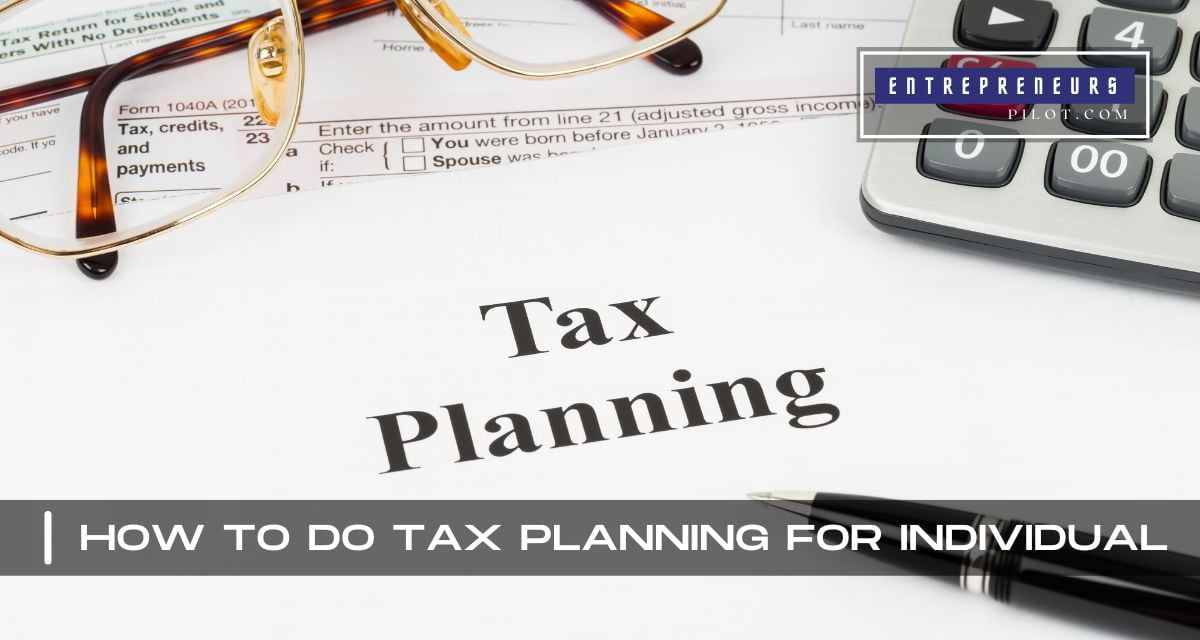Introduction
Understanding the subtleties of tax planning can be particularly challenging while navigating the turbulent waters of personal finance. But what if there was a road map that was made specifically for you? A manual that clarified the intricacies and illuminated the road to monetary prosperity? Introducing “9 Tips on How To Do Tax Planning For Individual Investors!” — a wealth of knowledge that will transform the way you manage your money. These methods are your golden ticket, regardless of whether you’re an experienced investor with a diversified portfolio or a novice investor just dipping your toes in the water.
We’ll uncover techniques that could save you thousands of dollars, approaches that could increase your profits, and the tried-and-true techniques that distinguish great investors. Every piece of advice is intended to make tax preparation easy, efficient, and specific to the needs of the particular investor. Are you prepared to start a new chapter in your financial journey and turn the page? Your road map to a better financial future begins here with these paradigm-shifting tips on “How To Do Tax Planning For Individual” success!
Table of Contents
The realm of personal investing is both exciting and intimidating. One area that frequently stays veiled in uncertainty as investors go deep into this ocean of options is tax planning. The secret to maximizing profits and reducing stress, though, may lie in comprehending and mastering this. In this article, we’ll look at nine important pointers for “How To Do Tax Planning For Individual Investors.
Start Early:
They say that the early bird gets the worm. Beginning your tax planning early in the fiscal year provides you plenty of time to strategize, preventing last-minute complications. It enables you to reflect, make plans, and carry them out precisely.
- For Expert Financial Insights And Guidance, You Can Visit Our Sister Site – ArabsGeek.com Now!
- Curiosity Piqued? Dive Into the Most Captivating Financial Content by Visiting Our Homepage!
- Unlock Exclusive Business Opportunities! 🚀 Connect with Us Now at our Email: [email protected]!
Max Out Tax-Advantaged Accounts:
Tax advantages for IRAs, Roth IRAs, and 401(k)s are extensive. By increasing your contributions, depending on the type of account, you can grow your investments tax-free or tax-deferred.
Understand Capital Gains Tax:
Long-term capital gains tax, which is typically lower than short-term rates, is frequently applied on investments held for longer than a year. Knowing this may affect the timing of your asset purchases or sales.
Leverage Tax Loss Harvesting:
Sell poor investments to offset your capital gains. By lowering your taxable income, this tactic can significantly lower your year-end tax liability.
Stay Updated:
Tax regulations are always changing. A tax-friendly investment now might not be one tomorrow. Maintaining up-to-date information makes sure you’re constantly one step ahead.
Diversify:
Risk is only one aspect of diversification. Various investment types have varying tax ramifications. A diversified portfolio can assist in managing and possibly lowering tax obligations.
Consider Tax-Efficient Funds:
These have been created to reduce tax obligations. Their tax efficiency can increase net returns even though they might not always provide the highest returns.
Gifts and Inheritance:
Tax consequences may result from gifting or transferring property as an inheritance. Knowing the guidelines will enable you to make better plans that will maximize the benefits for your loved ones.
Seek Professional Guidance:
Being hands-on is great, but sometimes a professional’s touch can really make a difference. Financial advisors or tax experts can offer specialized advice that will optimize your tax-planning process.
Conclusion:
Knowing “How To Do Tax Planning For Individual Investors” is fundamentally about maximizing returns and protecting your hard-earned cash. You can navigate the complexities of tax laws with the right strategies, making sure that your investments are profitable for you. Each of the nine suggestions provides a different perspective on your financial situation, illuminating potential avenues for development, security, and peace of mind. After all, wise investing involves not only choosing the appropriate assets but also managing them in a tax-efficient way. As you therefore map out your financial course, arm yourself with these insights and watch your wealth increase, one wise choice at a time.











